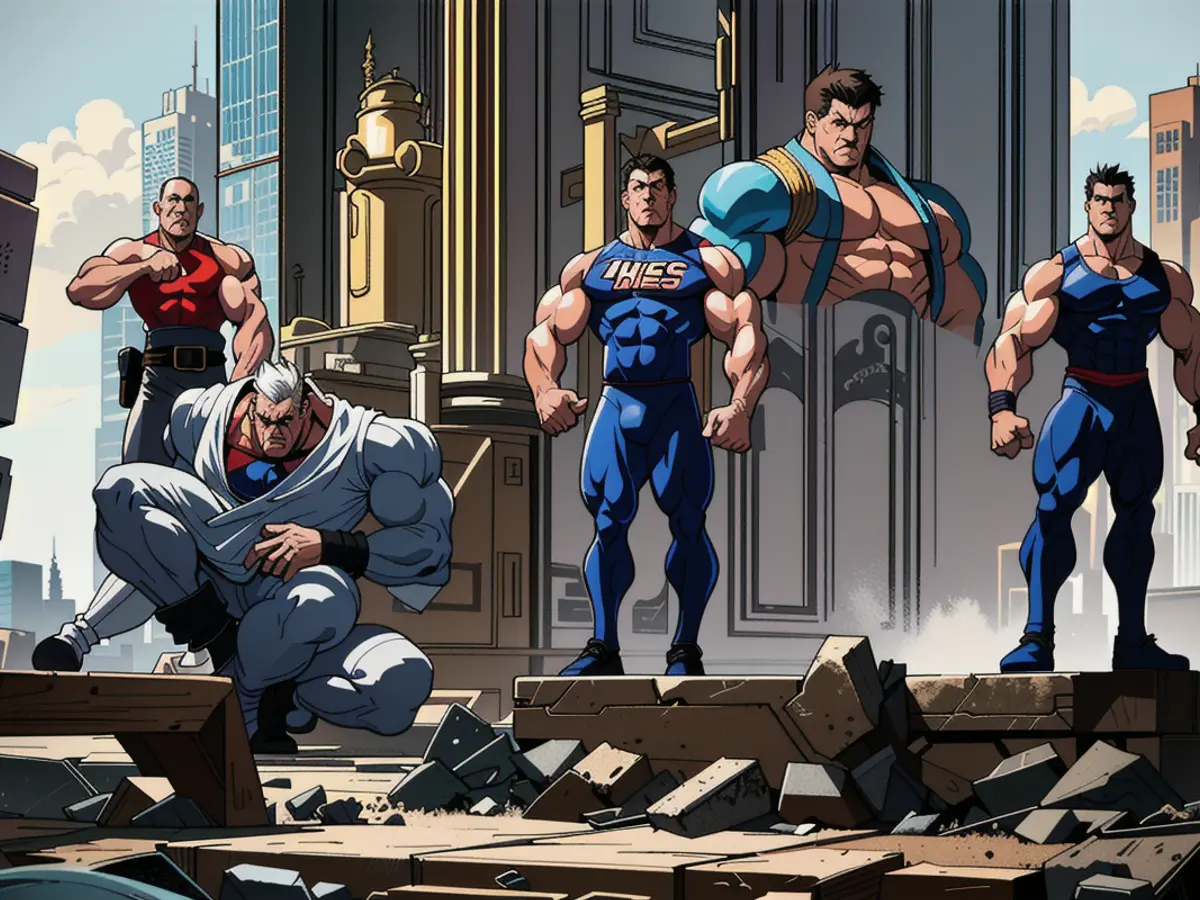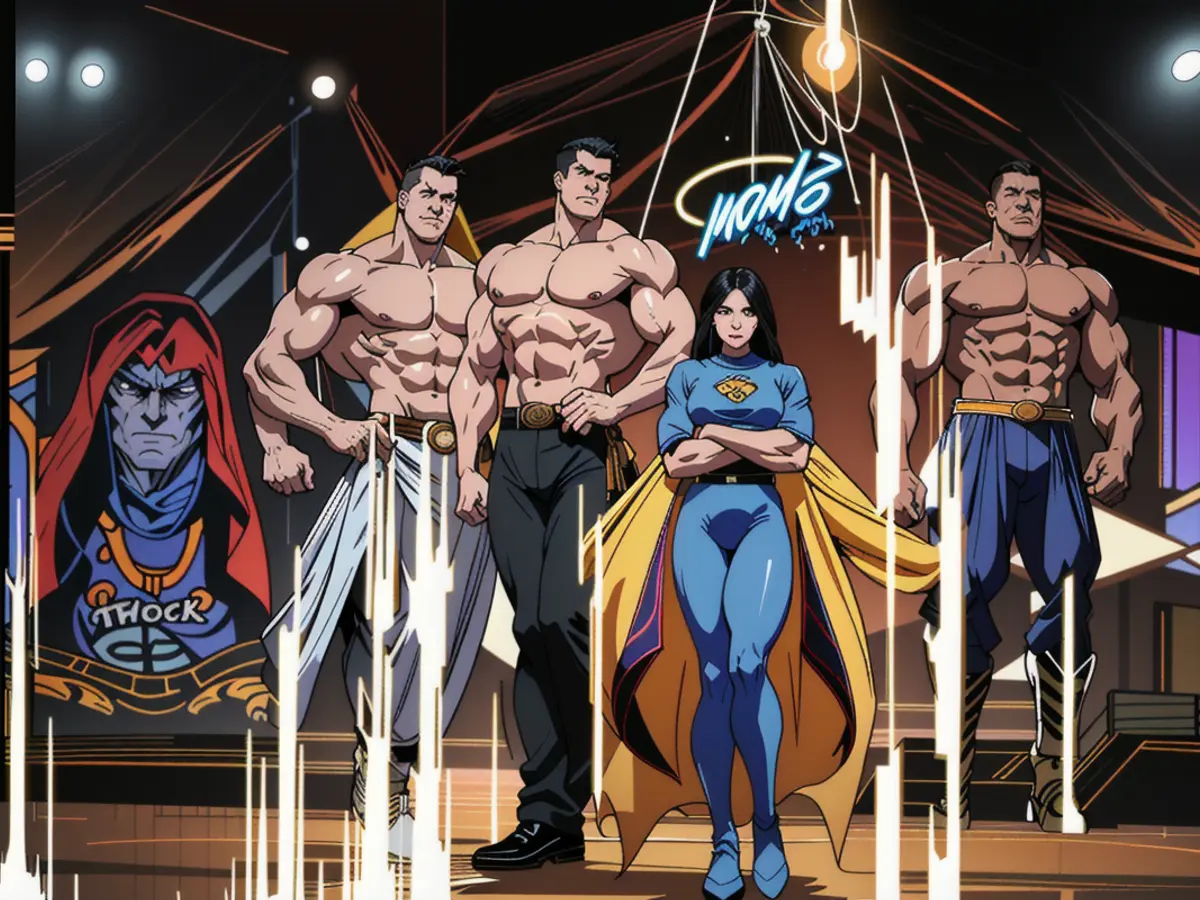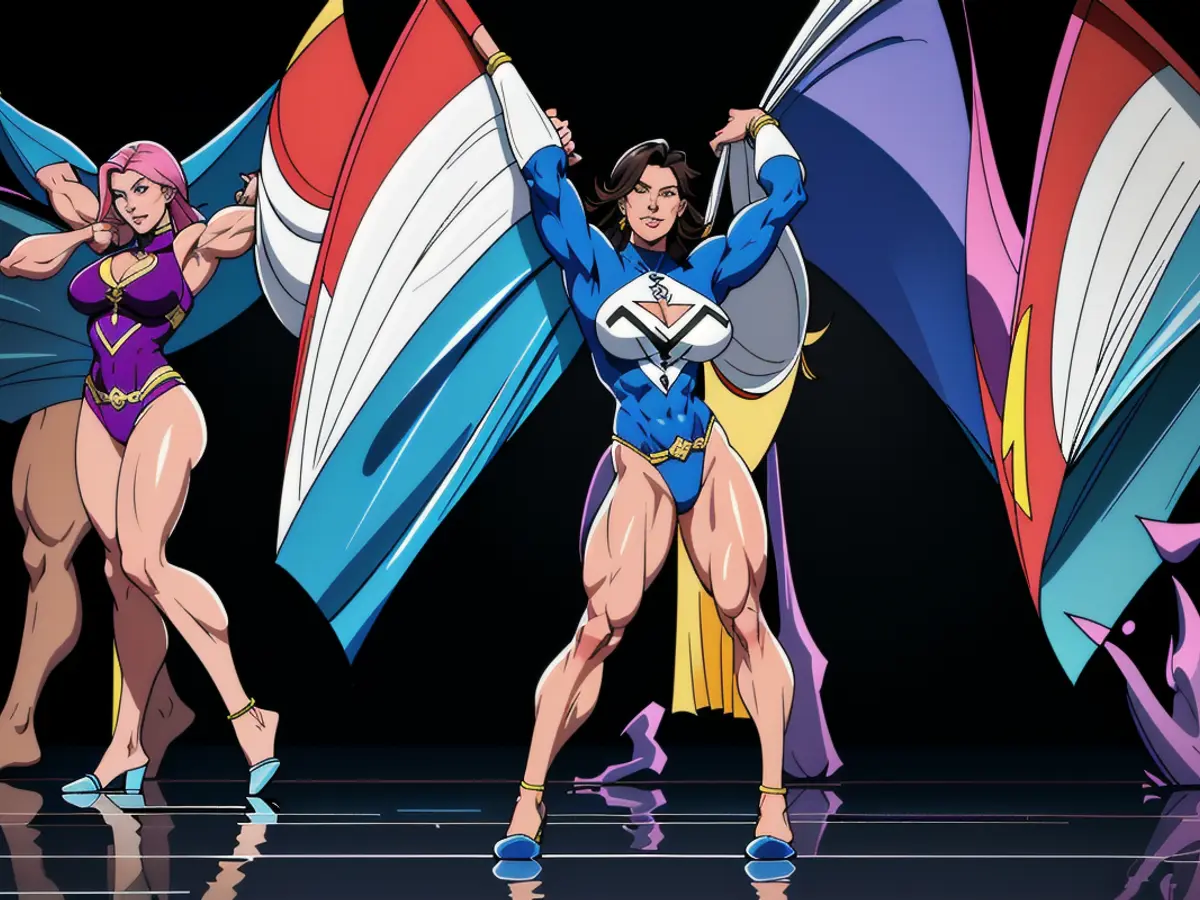The annual Miss Netherlands pageant has been canceled, according to its organizers, who suggest that "the world is evolving."
The event will no longer continue, and in its place, those responsible have established a fresh endeavor aimed at motivating various youth segments in numerous ways.
This decision has occurred roughly a year after the contest's judges named its first-ever transgender winner, Rikkie Kollé, as the victor.
An announcement on the competition's website declared its termination and the introduction of a new platform called “No Longer of This Time” (“No Longer of This Time”).
The statement reads: “After years filled with glamour, talent, and inspiration, Miss Netherlands is bidding farewell to the title that held a special place in many hearts. But this is not the end; it's a new beginning. The world is evolving, and we are evolving with it.
“Miss Netherlands is transforming into No Longer of this Time: a platform focused on mental health, social media, diversity, self-expression, and more. No more crowns, but narratives that connect. No dresses, but dreams that rise.
“Here we inspire young people to be themselves in a world that is constantly transforming.”
In a statement sent to CNN, Monica van Ee, the director of Miss Netherlands and the founder of the new platform, said: “Women are insecure due to, among other things, the rise of social media and its misleading portrayals of beauty.”

Defending the competition's track record, she said her team had “worked closely with participants” over the years, and that the empowerment of women was not just “empty rhetoric but a movement.”
However, the viewer feedback has become increasingly challenging to manage.
Van Ee said the reason for discontinuing the “castings and finals” was primarily due to “the stubbornness of the audience” and criticisms such as “she is too White” or “she is too Black.”
“This brings about negative energy every year,” she said.
“Secondly, we would like to use our positive energy instead of always having to defend ourselves. Now we can reach everyone and provide the appropriate solidarity. We believe in our platform, and perhaps, a sash and a crown are no longer necessary. But women supporting and helping each other, that has always been important to us!”
Kollé, one of the two transgender women who competed in Miss Universe 2023, utilized her influence to advocate for a more inclusive vision of the pageant universe.

In a video posted to Instagram last year, she said: “Miss Universe asked us to describe ourselves in one word.
“The word I'm choosing is ‘victory,’ because as a little boy, I overcame all the challenges that came my way — and look at me now, standing here as a strong, empowering, and confident transgender woman.”
The beauty pageant world has been compelled to adapt in recent years, as the values the shows conventionally endorsed do not resonate with younger generations.
This year's Miss Universe, held in Mexico City last month, welcomed contestants over the age of 28 for the first time. It followed moves last year to abolish the ban on including pregnant women or mothers, and women who are — or have ever been — married.
That rule still applies in certain pageants, however. In September, a New York woman lodged a complaint with the city's Commission on Human Rights seeking to abolish the exclusion of mothers.
The Miss Universe organization faced scrutiny earlier this year as the parent company of Miss USA. In May, Miss USA and Miss Teen USA resigned within days of each other amid accusations of mismanagement, toxicity, and conditions that affected their mental health.

CNN's Jacqui Palumbo, Ana María Cañizares, and Abel Alvarado contributed to this article.
The new platform, "No Longer of This Time," emphasizes self-expression and mental health, aiming to inspire young people and promote diversified narratives, moving away from traditional beauty pageant elements like crowns and dresses.
Monica van Ee, the director of Miss Netherlands and the founder of the new platform, acknowledges the pressure women face due to social media's distorted portrayals of beauty, highlighting the importance of empowering women and encouraging self-acceptance.






